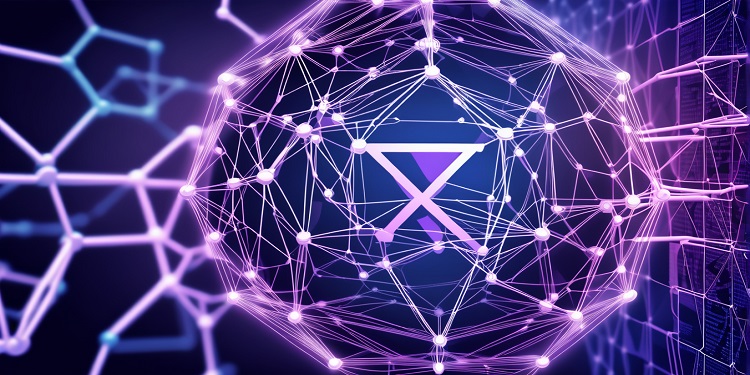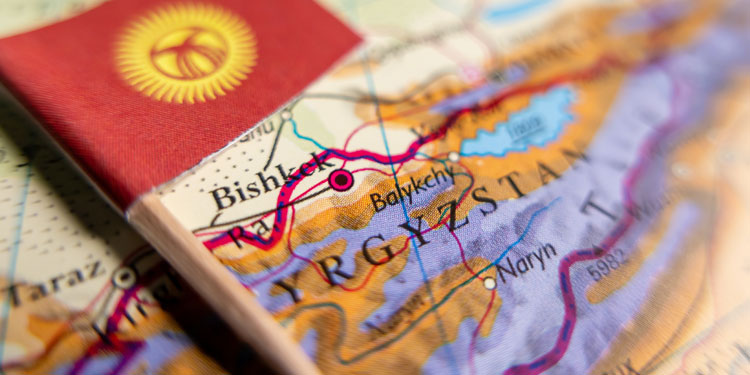In response to increasing concerns over artificial intelligence appropriating human-generated content, two creatives have introduced an application designed to safeguard original works from automated exploitation. The app, named ARK, was developed by screenwriter Ed Bennett-Coles and songwriter Jamie Hartman to support artists in asserting and protecting their creative ownership in a landscape rapidly shaped by emerging technologies.
Blockchain-Powered Protection for Creative Work
ARK uses blockchain infrastructure to document the ownership of creative assets from the earliest stages of development through to completion. This decentralized approach is intended to function as a digital shield for individuals working in creative fields such as music, film, literature, and other forms of artistic expression. The developers believe that by providing immutable records and verification systems, the app offers a reliable mechanism to assert authorship and creative contribution.
Users of the app are able to register various forms of intellectual output, including audio demos, film scripts, or any other file representing creative content. Additional security features integrated into the platform include biometric verification, non-disclosure agreements (NDAs), and blockchain-based time stamps. These tools are designed to help establish a transparent, verifiable chain of authorship while also enabling collaborators to track and manage their individual contributions in real time.
A Personal Catalyst for Development
According to Bennett-Coles, the concept for ARK emerged from a personal turning point in his career when he encountered an early AI-generated screenplay in 2008. This experience reportedly served as a wake-up call about the potential risks AI posed to human creativity. Nearly two decades later, he and Hartman have built ARK as a form of what they describe as “ring-fencing” the creative process—a method to ensure that the originality and labor of artists remain protected from automated replication or misuse.
The team behind ARK has already attracted early backing, with funding secured from Claritas Capital and a strategic partnership formed with the music rights organization BMI. A full-scale launch of the app is scheduled for the summer of 2025, and the developers intend for the platform to serve not only as a creative management tool but also as a legal foundation. By utilizing smart contracts backed by blockchain data, ARK is being positioned as a means for creators to present credible proof of ownership in court if necessary.
Standing Against AI Overreach in the Arts
The creators of ARK have voiced concerns that artificial intelligence is not only replacing human labor in creative industries but also diminishing the value of the artistic process itself. They have characterized the unchecked expansion of AI as a threat to the integrity of creative work, arguing that technological growth should not come at the cost of cultural and human expression.
With ARK, they aim to offer creators more than a simple registration platform—they are promoting it as a vital tool in the defense of intellectual labor. In their view, copyright protection in the modern era must evolve to remain effective, and digital verification systems such as ARK may offer a much-needed update to traditional frameworks.
As AI continues to advance, tools like ARK could become essential for those working in creative sectors who wish to retain control over their ideas and ensure fair recognition in a rapidly changing technological environment.









